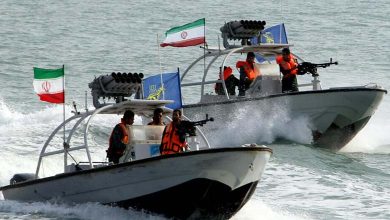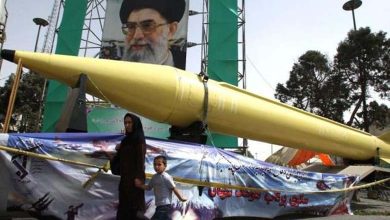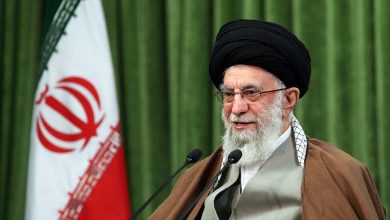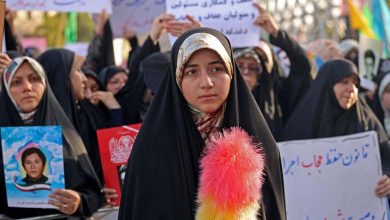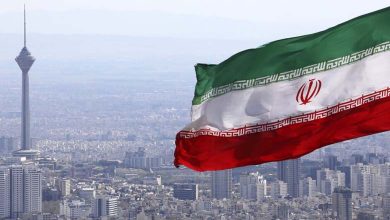Iran Exploits Tension with Israel to Tighten Grip Internally
Tehran seizes the opportunity to tighten its crackdown campaign as international attention focuses on regional tensions, amidst growing opposition domestically
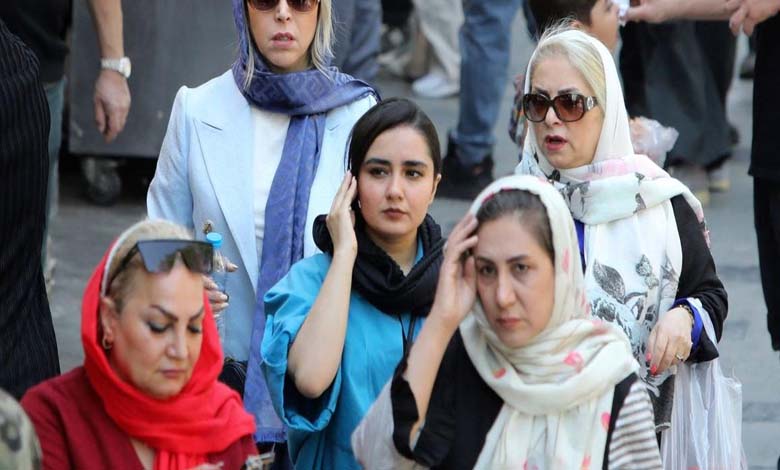
Iran has intensified internal restrictions recently, including executions, the arrest of dissenters, and the return of police patrols to enforce strict dress codes in the country, as regional tensions escalate between Iran and Israel, according to analysts and human rights activists.
The “repression,” as described by human rights organizations, has entered a new phase in parallel with the escalating regional tensions since April 1st.
On that day, a strike attributed to Israel destroyed the Iranian consulate building in Damascus, killing seven members of the Revolutionary Guard, including two senior officers. Tehran responded on the night of April 13th with missile and drone strikes targeting the Israeli state. On Thursday night, explosions occurred in Isfahan province in central Iran, attributed by US officials to an Israeli response to Tehran.
Since September 2022, Iran has witnessed widespread protests following the death of Mahsa Amini (22 years old) days after her arrest by morality police in the capital for non-compliance with dress codes. Authorities have resorted to a harsh crackdown on these protests, which significantly declined later in the same year.
Iranian activists have recently spoken about the return of white mini-buses of the morality police to city squares, whose members detain violators of the dress code adopted following the victory of the Islamic Revolution in 1979, most notably the mandatory hijab.
The Chief of Police of Tehran, Abbas Ali Mohammadian, announced on April 13th that the police in Tehran and other Iranian provinces “will intervene against individuals promoting non-compliance with the hijab.”
In recent days, users have shared videos of female and male police officers detaining women and taking them to morality police buses. These videos were accompanied by the hashtag “#WarOnWomen” in Persian.
Narges Mohammadi, the Nobel Peace Prize laureate for 2023 who is detained in Evin Prison in Tehran, stated that “the Islamic Republic has turned the streets into a battlefield against women and the youth generation,” according to a message circulated by her supporters on social media.
A video, likely taken near Tajrish Square in northern Tehran, showed a woman falling to the ground after being detained by the police. The woman was heard telling passersby who tried to help her that her phone had been confiscated.
Hadi Ghaemi, director of the New York-based Center for Human Rights in Iran, said, “With the increasing opposition domestically and the international focus on regional tensions, the Islamic Republic seizes the opportunity to intensify its crackdown.” He added, “In the absence of a strong international response, the Islamic Republic will be encouraged to increase the violence it perpetrates against women and its heinous human rights violations.”
During the 2022 protests, hundreds, including security forces, were killed, according to official figures and human rights organizations, and thousands were arrested.
Among those recently arrested is Aida Shakarmi, the sister of Nika Shakarmi, who died on the sidelines of the 2022 protests at the age of 16, according to her mother, Nasrin, on social media platforms. Nasrin stated that Aida was arrested “for not wearing the mandatory hijab.”
Activists accused security forces of killing Shakarmi while she participated in the protests, while authorities at the time said investigations indicated that the girl committed “suicide.”
Meanwhile, Dina Golibaf, a journalist and student at Shahid Beheshti University in Tehran, was arrested after security forces accused her on social media of handcuffing her and sexually assaulting her during a previous arrest at a subway station in the capital, according to the Hengaw human rights network based in Norway.
In prisons, executions continue to be carried out, which activists consider a means to instill fear in society. According to the “Human Rights in Iran” organization based in Norway, authorities have executed 110 people so far this year.
Among those recently executed were Ismail Hasaniyan (29 years old) and his wife Marjan Hajizadeh (19 years old), convicted of drug-related offenses, and their death sentences were carried out in Zanjan Central Prison (central) on April 11th, according to the “Human Rights in Iran” organization.
Mahmoud Amiry-Moghaddam, the director of the organization, believes that “the regime will undoubtedly exploit this opportunity to tighten its grip internally.” He noted that the authorities “have not yet been able to regain control to the extent they were before September 2022. Now they may have the opportunity to do so, if all international attention turns to the escalating tensions with Israel.”




